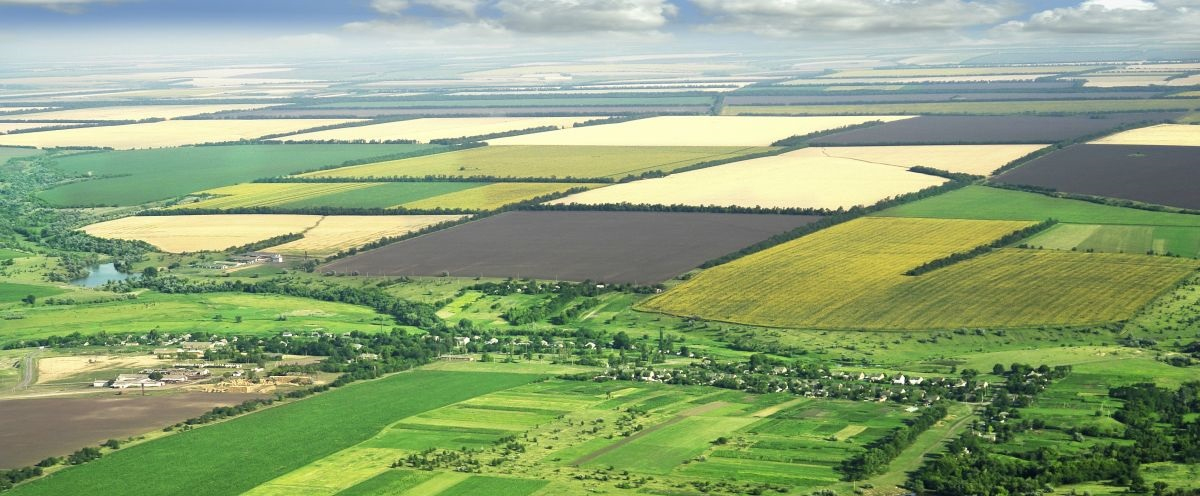'Link Brexit farm subsidies to environment', 84 groups urge government

The food and farming sectors' compliance with strong environmental protections 'must be the bedrock principle' of any post EU subsidy deal, a group of 84 environmental organisations have said in a letter.
A large portion of the UK's current farming and food policy is covered by EU laws.
In a letter sent to the new Prime Minister Theresa May, the signatories said better food, farming and trade policies can help cut greenhouse gas emissions within those industries by 80% by 2050.
The groups, including Greenpeace, Friends of the Earth, Campaign for the Protection of Rural England, the Wildlife Trust, War on Want and Real Farming Trust said public spending on subsidies, research or other support must be directly linked to environmental responsibilities.
"Such policies can also support a vibrant and diverse economy, good jobs and working conditions, ethical and sustainable production methods, international development, improved animal welfare, more farmland and marine wildlife and restored farmland biodiversity, as well as enhancing the beauty of the countryside and protecting the environment (in particular fresh water and soils), while providing a safe and traceable food supply.
"Crafting good food and farming policies is also essential to help heal the rift that has so far characterised the EU Referendum process, as well as to combat the disenfranchisement and distrust in the political process that so many of our fellow citizens have expressed."
The letter urged the government to ensure that new trade agreements after exiting the European Union must not undermine the progress achieved under the previous governments.
"There are many examples, to name but a few: local and sustainable food in public sector food buying, which can help lead the way in investing in quality British production; environmental legislation that protects natural environments, wildlife and habitats; the living wage and better working conditions; millions of food jobs supported in the world’s poorest countries; food labelling and marketing controls; animal welfare standards; tackling food waste; support for organic production methods, and new approaches to reducing farm antibiotic use.
"While more progress is needed in all of these areas, we are seriously concerned that such considerations may be over-run by a drive for new trade deals at any cost, and pressures to de-regulate.
"Conducting Environmental and Health Impact Assessments as part of the preparation for new trade deals should be a critical step in the process."








